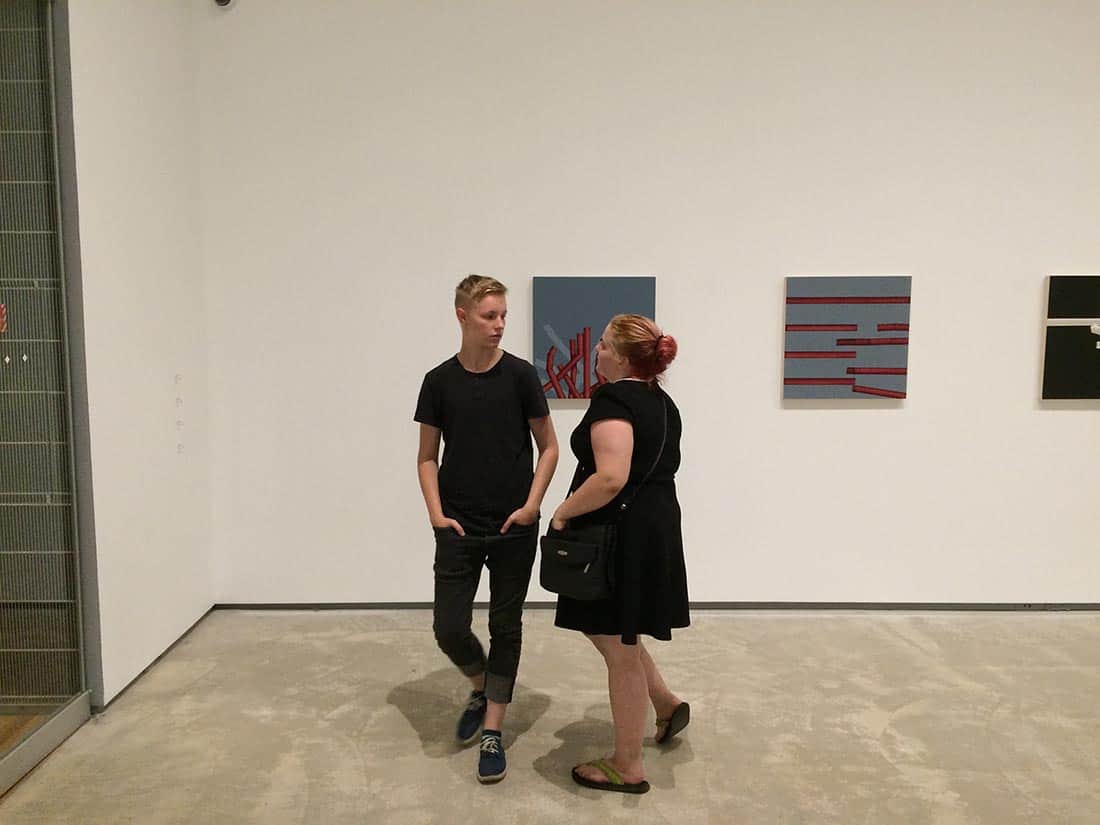SMART Recovery- Addictive Behaviours: Monday nights, 7:15-8.30.
SMART Recovery- Family + Friends: Sunday nights, 7:15-8:30.
Please note: Since March 2020 both meetings have moved online through Zoom at the times listed above. Please contact me: danchalykoff@hotmail.com for more information about either meeting.
The counselling work I do is based on SMART Recovery methods. SMART is an acronym for Self Management And Recovery Training. I qualified to facilitate two types of meetings: those for people trying to change and stop addictive behaviours and another meeting for family and friends of people with addictive behaviours. If you’re familiar with 12-step culture, the first is like a facilitated, science-based, secular AA meeting (with lots of cross-talk) and the second is like a facilitated, science-based, secular Al-Anon meeting (with lots of crosstalk). When I work one-on-one, the approach combines some of my philosophical concerns (purpose, product, people) with SMART tools.
A typical group meeting has five parts: welcome/introduction, check-in, working & discussing a tool, checkout, passing the hat. During check-in, attendees explain how their recovery’s been going in the past week (or longer if they’re new or recently absent). It’s important because if two or more people are having trouble with a similar issue, we’ll ask the group for input and often change which tool we’re working that night to help those people. Tools come from psychology (change cycle, cognitive behavioural therapy, monitoring of self-talk…) and philosophy (Stoicism, evidence-based knowing).
Two of my favourite tools are low frustration tolerance (I can’t stand it-itus!) and the ABCs. Low frustration tolerance is obvious when a small day-to-day inconvenience happens (a guy cuts in front of me at 110 km/hr on the highway) and I scream and wave a fist at him wanting him dead—NOW! ABCs concern learning to analyze Activating events (annoying driver) and Consequences (screaming and gesticulating). Beliefs about the activating event (often hidden) are the focus e.g., I believe people shouldn’t do that (fool, me!); I believe people should behave according to the rules (it would be nice but it doesn’t work that way); I can’t freaking stand it when people drive so dangerously (apparently I can stand it; it happened hours ago and I’m sitting here talking about it). Moreover, who is that anger helping? Who is that anger hurting? What is the probability that my frustration is leading to an unconscious plan to lapse? Hopefully, it’s clear that the ABCs are a rational, evidence-based way of coping with low frustration tolerance; something all of us experience from time to time.
After working a tool and discussing issues concerning that tool, we check out. That involves going around the circle again asking people to express something about the meeting that was important to them—positive or negative. Passing the hat is an opportunity to put what you can afford into the hat to help defray the cost of room rental, ordering handbooks, paying insurance…those who are having money troubles don’t need to contribute if it’s too tough.
SMART consists of about 30 tools. We’re lucky to get through all of them in a single year as people like to discuss things—which is completely cool as we’re there to learn, share, under/stand, question and ultimately to change our behaviours so they support a clean life with some positive goals and relationships.
We welcome any human being trying to change his/her/their addictive behaviours. Meetings range from about 2 attendees to 20. We’ve had teenaged people and people pushing eight decades. I hope to see you soon.
For more on the facilitator (me) and the meetings, here’s a recent interview:
